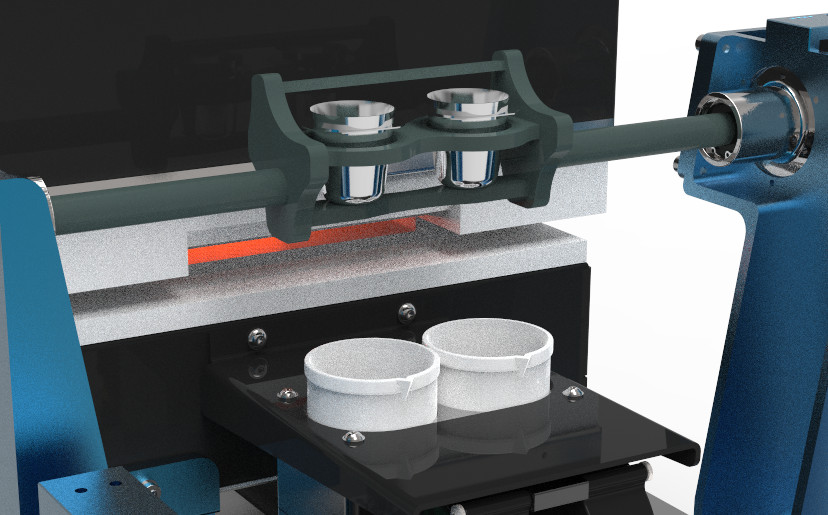Outlining Common ICP Applications
Inductively Coupled Plasma (ICP) spectroscopy is a sensitive chemical analysis method for determining the chemical composition samples using an electromagnetically-charged apparatus. It uses gas flow techniques to collide nebulized liquid samples with extremely hot plasma, and mass spectroscopy equipment to analyze the ionization of gas particles flowing through the plasma channel.
XRF Scientific previously explored the processes and mechanisms of ICP spectroscopy in greater depth, but this article will explore some of the most common ICP applications in more detail:
Trace Element Determination
The primary ICP application is for the atomic determination of trace elements in liquid samples. Ionized particles are measured in an optical sample chamber using the incident light of the plasma torch and precise optical sensors. Each element is categorized by its distinct wavelength and light intensity characteristics, enabling the autonomous acquisition of data relating to the elemental concentration and distribution of a sample as a product of its spectral properties.
This ICP application has numerous real-world uses, supporting forensic investigations, minerals processing, and archaeological processes.

Medical ICP Applications
ICP mass spectroscopy is commonly used in the medical sector for diagnostic processes. Analytes can include blood and urine, enabling medical professionals to accurately determine the presence of toxic substances such as mercury in a biological sample. Despite improved regulations and certifications, metal exposure is a consistent danger for industrial workers in the electronic or engineering industries. Diagnostic ICP application not only allows researchers to detect the presence of foreign substances in a sample, but also its type and genesis, potentially enabling affected individuals to seek restitution.
It is important that biological ICP samples are sufficiently treated and prepared prior to performing ICP processes. Biological samples may need to be diluted and treated with flux materials to remove elements that could block or damage the pneumatic components of the ICP machine.
Forensic ICP Applications
Forensic detection is another extremely sensitive ICP application. It is possible to match samples based on their elemental compositions as determined by trace element analysis. This is achieved by characterizing distinct trace element signatures of a soil sample, for example, and comparing it to soil found elsewhere. Matching these signatures can provide actionable evidence in criminal investigations – however, high purity sample preparation is crucial in such applications.
Archeology ICP Applications
Relatively recent innovations in ICP application have radically changed the way archeologists and historians assess samples of historical value. The innovation of non-invasive sample acquisition techniques has enabled researchers to collect tiny amounts of surface material from high value artefacts without damaging the integrity of the sample. This can then be liquefied and mixed with a fusion flux mixture for ICP analysis.
Trace element determination of historical items has provided numerous insights into various areas of history, refuting long-held beliefs and introducing new ideas to fields of research.
XRF Scientific: Enabling ICP Applications
XRF is a leading supplier of ICP sample preparation equipment and solutions for numerous applications. Our fusion flux mixtures can be customized to ICP application specific ratios to enable accurate trace element analysis in a broad range of fields.
We could help enable your ICP applications. If you would like to find out more, please do not hesitate to contact us.









